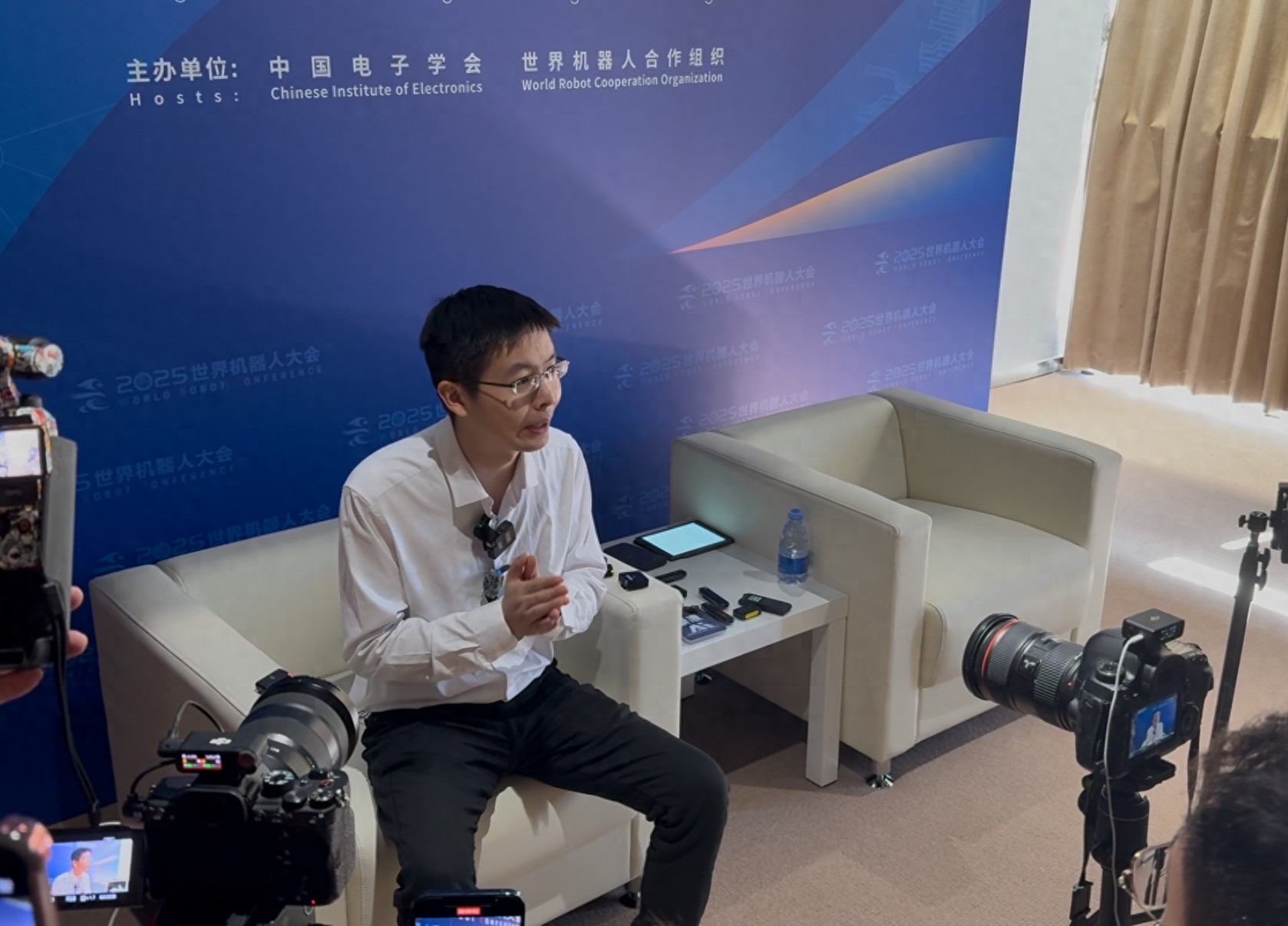
TMTPOST — Humanoid robots could see their “ChatGPT moment” within the next three to five years, with annual shipments potentially reaching one million units, according to Unitree Robotics founder and CEO Wang Xingxing at the 2025 World Robot Conference (WRC).
Wang said the robotics sector is too focused on data and not enough on model architecture, calling today’s biggest challenge a lack of unified, end-to-end large models for intelligent robots. Even with quality training data, he argued, the fragmented model frameworks limit progress.
Over the next two to five years, Wang sees the industry’s priorities as developing unified large-scale models, building cheaper and longer-lasting hardware, scaling up manufacturing, and delivering low-cost, high-volume computing power.
He predicted that humanoid robot shipments will double annually for the foreseeable future, with the possibility of sudden leaps to hundreds of thousands—or even millions—of units a year if breakthroughs occur.
While hardware is already “more than adequate,” AI capabilities remain far behind, Wang said, likening the current stage to pre-ChatGPT AI. The tipping point, he noted, will be robots that can autonomously perform tasks in unfamiliar environments—something he believes could happen within one to three years.
Despite deployments in automotive factories, Wang cautioned against expecting major productivity gains in industrial settings at this stage, suggesting that sports, performance, and entertainment may prove more viable near-term markets.
Wang, once a staunch opponent of humanoid robots, revealed that Unitree did not start work on them until 2022. The company began IPO preparations in July, which Wang framed as a step in its nine-year growth journey and a responsibility to shareholders.
About half of Unitree’s revenue comes from overseas markets, a focus since 2018. Wang noted that the first half of 2025 has been exceptionally strong, with most robotics firms reporting 50%–100% growth—an unusually rapid expansion driven by demand.
He emphasized that AI and robotics innovation is a global co-creation process, with no single company able to dominate the field indefinitely. Random breakthroughs, he said, have historically reshaped the industry.
Recalling Unitree’s humanoid robots performing a synchronized dance at the Spring Festival Gala, Wang said the biggest challenge was coordinating 16 fully autonomous units without interruptions. Recent improvements in fluidity, he added, came from new technologies developed in recent months.







